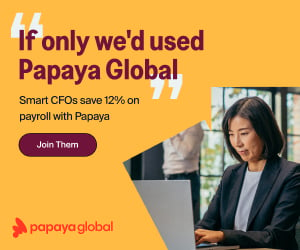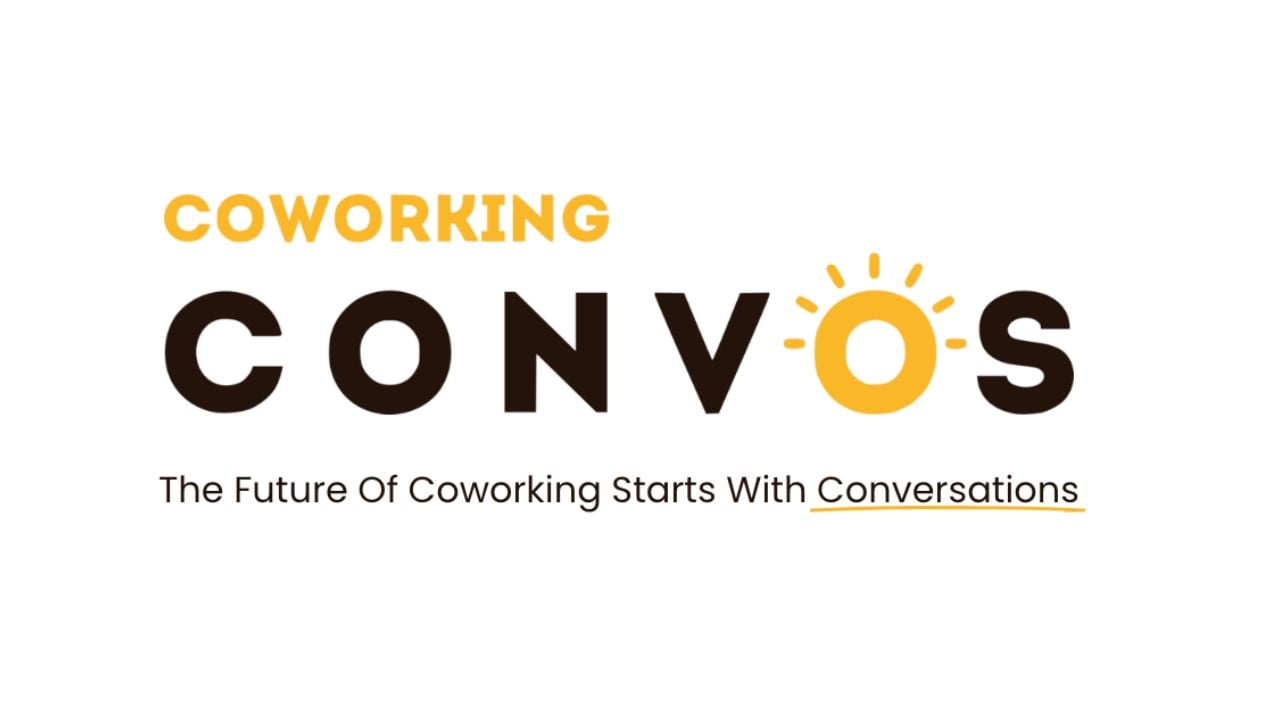- Many leaders lack the knowledge of how culture is shaped, impacted, and should change over time to meet business and people needs.
- Much of what moves culture is things that can’t be seen explicitly, like inside knowledge, generational differences, underlying assumptions that people hold, organically formed in groups and out groups, individual preferences around ways of working, and differences in values.
- Culture development as a strategy is an often-overlooked measure of successful, healthy, and sustainable businesses that can have a massive impact to organizational success.
Culture — the buzz word of the year, am I right?
The buzz around culture has absolutely grown, but it’s been here for some time for those who have been working with progressive companies that are looking to improve the experience of their team members and work smarter, not harder in ways that are simpler, not complex.
Unlike a lot of things that are “trendy,” workplace culture actually is buzzworthy. Here’s why everyone should be talking about it.
The Case for Culture
In business, we use numbers to direct, to hone, to focus on what’s important. Let’s try a few of these stats on for size.
Companies that can proactively operationalize their culture and employee experience can achieve:
- 22% higher profitability
- 21% higher productivity
- 10% higher customer ratings
- 66% lower turnover — By the way, we also know now that company culture is 10.4 times more likely to contribute to attrition than compensation (MIT’s Sloan Management Review in 2022)
- And 44% lower quality defects
Think about these numbers in relation to your business. What would you do if turnover was reduced by 66%? If your profitability increased by 22%? What possibilities would open up? What impact would that make?
So, why have leaders struggled to tap this crucial part of our business? Other than lack of awareness, there are two very real barriers to leaders effectively implementing culture strategy:
- Many leaders lack the knowledge of how culture is shaped, impacted, and should change over time to meet business and people needs. Leaders will default to a Chief People Officer to handle culture strategy that should be built, maintained, integrated, and evolved over time by the entire executive team.
Further, we often tend to react to symptoms of culture such as turnover, employee relations issues, leadership challenges, etc., rather than sustainably solving the root cultural issues that create waste, frustration, loss of productivity, loss of innovation, and loss of motivation and engagement across the organization — just to name a few!
- Once organizations decide they want to embark on changing their culture or becoming more intentional around building it, there’s another hurdle to overcome: the low success rate on change and transformation initiatives. A whopping 75% of transformative change fails due to people readiness and lack of leadership support.
What exactly is culture?
Culture can simply be described as “the way we get stuff done around here,” but this simple statement is complex, deep, and often feels impossible to pinpoint or influence. “How we get stuff done around here” can be visible and clearly understood, or invisible, subtle, and less identifiable.
Think about an iceberg. You have the massive visible piece of the iceberg floating above the waterline. Culture that people can see above the surface might be things like how people dress, logos, your core values on the walls, what is said in company communications, or the space in which people work. But 90% of an iceberg’s mass is actually underwater — below the surface. This is the same for how culture manifests itself in organizations.
Much of what moves culture is things that can’t be seen explicitly, like inside knowledge, generational differences, underlying assumptions that people hold, organically formed in groups and out groups, individual preferences around ways of working, and differences in values.
This might feel daunting because you may be thinking to yourself: “How can I impact something I can’t even put my finger on?” Well, I’m not going to lie to you — culture work is hard! Thankfully, there are researchers, scientists, practitioners, and experts who study how culture is shaped, developed, and evolved within organizations, including myself.
I’ve narrowed it down to a few areas where — if you focus with time, investment, and intention — your organization will have an excellent grip on culture as a strategy at your organization:
1. Culture is your WHY
This is related to the organization’s purpose and reason for existing, not what products you sell or services you provide. Being aware of your company’s identity is a cornerstone for building inclusive cultures and fostering a sense of belonging at your company. Although your why will certainly drive the issues that you connect to the most, healthy action around identity and purpose is inclusive, not exclusive. Being purpose-driven is not operating in a vacuum or setting out on a narrow path, it’s creating direction and providing a wider path.
There are diverse ways and opportunities to be purpose-driven, and once you have a clear why, you’ll attract and retain people with a similar why and move your company to new heights. The difference between employees who work for a purpose driven company and ones who don’t (or the purpose hasn’t been actualized yet) is a deeper intrinsic motivation to contribute to a mission much bigger than a product or service. By creating your company’s why, you’re starting a movement.
2. Culture is your value system in action, every day, all day
Many organizations stop at the tag lines when it comes to memorializing their culture. This may come in the shape of core behaviors, core values, or employment value propositions. We’ve seen some beautiful core value tag lines on websites, walls, and brochures. But, I’d like you to take a moment and work through this exercise for me — especially if you haven’t defined or named behaviors aligned to each of your values:
- Identify ONE of your company values. This might look like something like TEAM WORK or RESPECT. Now, ask 3-5 people at your company what that value means to them. Now ask them what behaviors would violate that value for them?
- It’s likely that you will get synergy, but you’ll also get some vastly different responses.
In other words, we must not only NAME our values but also create clarity about what those values mean to us within the company.
3. Culture is integrity around your values
For organizations, culture shows up in the collective daily habits and behaviors of its people. You don’t know you’re “doing” culture, you just know what is or is not acceptable where you work and where there might be consistent barriers to getting great work done. Which leads me to my next point: culture is about unified consistency. Consistency around values and the behaviors associated with them, consistency around what your company is working towards together and consistency around how your company leads and communicates.
Core values are not enough. You must also create shared meaning around the behaviors that drive the way your employees treat each other, customers, partners, AND the behaviors that can be identified as undesirable and in misalignment with the culture and value-system you’re looking to create. Then, you must prove repeatedly that your values drive your actions.
This shows up in how you hire, who you hire, what ultimately gets rewarded, what gets reinforced and who is held accountable, and what is tolerated. Every action, decision, and message is an opportunity to either deteriorate or bolster your culture. Organizations with healthy cultures have a strong sense of integrity connection between their WHY, WHAT, and HOW, while unhealthy organizations struggle to align and then effectively mobilize collectively on these foundational elements of the business.
4. Culture is a mirror of leadership
The collective effectiveness and commitment of the leadership team to align, lead, and role model the organization’s purpose, values, and strategy is directly linked to the rest of the organization getting onboard. Your company culture equates directly to your leader’s ability to effectively translate purpose, vision and strategy within their teams and build psychologically safe teams that perform with clarity, autonomy, and purpose.
With an ever-changing and evolving workplace and business landscape, culture development as a strategy is an often-overlooked measure of successful, healthy, and sustainable businesses that can have a massive impact on organizational success.

 Dr. Gleb Tsipursky – The Office Whisperer
Dr. Gleb Tsipursky – The Office Whisperer Cat Johnson – Coworking Marketing Maven
Cat Johnson – Coworking Marketing Maven Angela Howard – Culture Expert
Angela Howard – Culture Expert Drew Jones – Design & Innovation
Drew Jones – Design & Innovation Andrea Pirrotti-Dranchak – Competitive Advantage
Andrea Pirrotti-Dranchak – Competitive Advantage Jonathan Price – CRE & Flex Expert
Jonathan Price – CRE & Flex Expert Jeremy Fennema – Tech Innovation Alchemist
Jeremy Fennema – Tech Innovation Alchemist












